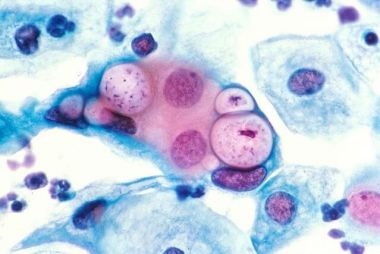Sexually transmitted diseases spreading in Los Angeles; mobile dating apps blamed

In Los Angeles, sexually transmitted diseases (STDs) like the human immunodeficiency virus and acquired immune deficiency syndrome (HIV/AIDS) may be just one click or swipe away using mobile phones.
According to a report by the Los Angeles Times, California's most populous city now has some of the highest rates of chlamydia, gonorrhea and syphilis across the United States.
The spread of STDs in Los Angeles is only a reflection of what is happening in California and in the entire U.S.
In 2014, reported incidents of chlamydia, gonorrhea and syphilis in the U.S. increased significantly. In fact, 1.4 million Americans were recorded to have been infected by Chlamydia, according to the Center for Disease Control and Prevention (CDC). The figure stood out as the highest number of annual cases of any condition.
For some medical practitioners, the alarming spread of STDs in Los Angeles can be attributed to a product of modern technology: dating applications which can be freely and readily installed in mobile phones.
These mobile dating apps make it easy for people, particularly those aged 25 years old and below, to engage in casual sex, thus increasing their likelihood of getting infected by STDs.
Worse, this same age group has been found to be the less likely to undergo testing for these STDs. These diseases spread largely because people do not get tested and unknowingly transmit them to others through sexual intercourse.
Dr. Charlotte Gaydos, an STD expert and professor at the John Hopkins University School of Medicine, also warned of groups that are offering STD tests through delivery services. These groups just require a potential patient some kind of sample, then send them back the results through mail.
"We don't know — they could be doing [the testing] in their garage, they could be doing this on their kitchen table," Gaydos told The L.A. Times.
The health expert hopes that advances will be made in medicine and technology soon to enable people to undergo STD tests and get results almost instantly, just like pregnancy tests.
"But in the meantime, they need to be tested," Gaydos said.











